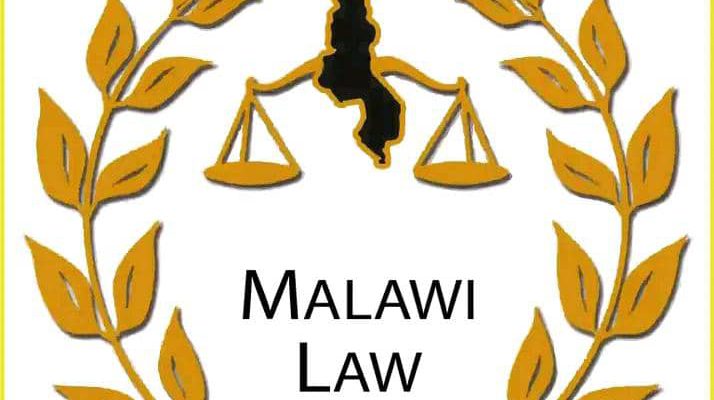
In the heart of Malawi, a storm was brewing. Political violence had begun to rise, shaking the country’s capital, Lilongwe.
The fuel shortages that had plagued the nation were no longer just an inconvenience they had become the spark for public protests.
Crowds gathered to voice their frustrations, but their cries were met with brutality. Armed groups had started attacking protesters, leaving the city gripped with fear.
The Malawi Law Society (MLS) could not remain silent. Led by its president, Patrick Mpaka, the organization issued a firm call to action. In a public statement, Mpaka reminded President Lazarus Chakwera of his sworn duty to uphold peace and unity in the nation.
The MLS urged him to address the escalating violence immediately and take steps to calm the unrest.
“This is not just a matter of governance,” Mpaka said. “It is about the safety and well-being of Malawians. The president must act now to prevent further harm.”
Despite the gravity of the situation, the government had yet to respond. No official statements were made to address either the violence or the deep frustrations driving the protests.
The silence from the leadership only seemed to add fuel to the fire, leaving many citizens feeling abandoned.
As tension continued to rise, people across the country looked to the president for decisive action. Would he heed the call and restore peace, or would the silence persist, leaving Malawi’s fragile stability hanging in the balance?
The nation held its breath, hoping that unity and resolution would prevail over chaos.














